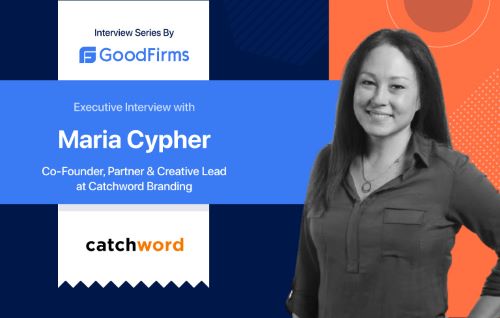When Gabriel Shaoolian started his Web design and online marketing company in Manhattan in 2001, he followed tradition and named it Gabriel Productions. But as time went on, he wanted a different handle. “Some clients were still nervous about the Internet,” Mr. Shaoolian recalls. “We wanted a name that would help them relax.” In 2003, he was considering a vacation at the Fontainebleau Hotel in Miami Beach, whose name means “blue fountain” in (misspelled) French. “I thought, why not call the company Blue Fountain Media?” he says. “It’s both soothing and suggests a spring of fresh ideas.” The moniker seems to have been good for business–the client list for Blue Fountain includes luminaries such as Martha Stewart, as well as the United Nations–but Mr. Shaoolian regrets choosing it. “This one seems to be hard for people to remember,” he says. Maybe so. When Mr. Shaoolian gave a speech at the New York Public Library, he was introduced as the chief executive of “Blue Mountain Media.” Naming a company is a critical marketing decision, but how do you pick from the staggering array of possibilities? Of course, if you buy a business with a loyal clientele, the decision is made for you: Keep the name it’s got, as Rob Kaufelt did when he took over Murray’s Cheese in 1991. The eponymous founder, Murray Greenberg, started the store in 1940, retired in the 1970s and died before Mr. Kaufelt ever even met him. But Murray’s, at the corner of Bleecker and Leroy streets, is such a Village institution that renaming it–Rob’s Cheese, for instance–would be crazy. Some entrepreneurs seem drawn to clever plays on words, like Betterfly. Founder Josh Schwadron designed his online company, which has a stylized butterfly for a logo, to be a central source for consumers seeking what he calls “betterists”: people like hairstylists, piano teachers, personal trainers and financial advisers who can make one’s life, well, better. The disadvantage of a neologism like betterist is that people aren’t likely to know right away what it means. On the plus side, maybe they’ll log on to the website out of curiosity. Having trouble figuring out what to dub your company? You can hire professionals to do it for you. “Volume matters. We make a list of at least 1,500 to 2,000 names,” says Mark Skoultchi, co-owner of Catchword, a seven-person naming firm with offices in the Chrysler Building and in San Francisco. “If you have a list of, say, 100 possible names, keep at it.” Catchword’s clients are mostly huge companies like Coca-Cola and Johnson & Johnson that are seeking snappy brand names for new products, but Mr. Skoultchi also advises startups on what to call themselves. The biggest mistake that entrepreneurs make, he says, is investing lots of money in a name–creating signs, business cards, stationery, a website–and then finding out that someone else is already using the moniker. “Before you decide on any name, get a good intellectual-property attorney to check it out and make sure it’s available,” Mr. Skoultchi suggests. A good company name, he says, “doesn’t pigeonhole you. Try to think of something that is not so literal that it won’t describe what you do in 10 years’ time.” Calling your company Sid’s Widgets won’t seem so smart in 2025, when Sid is long gone and the firm has diversified way beyond widgets. As with anything else, the name game has certain rules that seem made to be broken. An example: “Don’t give your company a name that is hard to pronounce,” says Mr. Skoultchi. “This is especially important for small businesses. Verizon has millions of marketing dollars to spend on teaching the public that it’s Ver-EYE-zun, not VER-i-zon. You don’t. “People don’t like to seem dumb,” he adds. “If they’re not sure how to pronounce your name, they just won’t say it, and there goes your word-of-mouth advertising.” OK, but in rare cases, a tongue twister of a name may actually lend a business a certain je ne sais quoi. ConsiderMagasin Totale, a Brooklyn designers’ cooperative that Michelle Casciolo started last year. Magasin Totale–which recently landed a juicy deal to sell its wares through Neiman Marcus–means “total store” in French. “We wanted a name that is unique enough to stand out from the gazillions of design studios with the word design in their names,” Ms. Casciolo explains. Do people have trouble pronouncing it correctly? “Yes, they do,” she says. “But once they get it right, they don’t forget it.” Touché.
Naming a company is a critical marketing decision, but how do you pick from the staggering array of possibilities?When Gabriel Shaoolian started his Web design and online marketing company in Manhattan in 2001, he followed tradition and named it Gabriel Productions…






